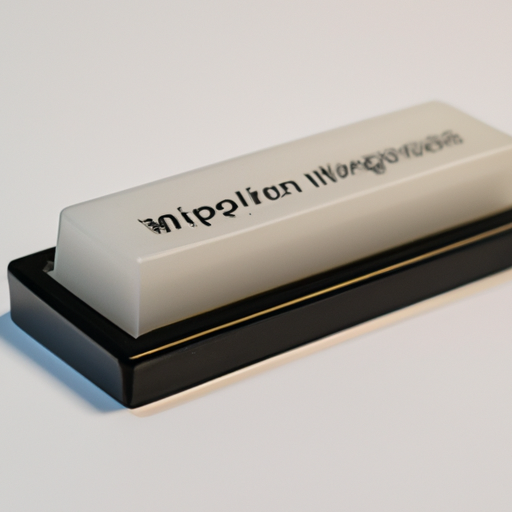

Vibration sensors are a type of sensor that is used to measure or detect vibrations in various systems and structures. These sensors are commonly used in a wide range of applications, including industrial machinery, automotive systems, aerospace, civil engineering, and many others. The main application direction of vibration sensors is to monitor and analyze vibrations in order to ensure the safety, reliability, and performance of the systems they are used in.

In automotive systems, vibration sensors are used to monitor the condition of various components such as engines, transmissions, and suspension systems. By measuring the vibrations produced by these systems, engineers can detect issues such as misalignment, imbalance, or wear that may affect performance or safety. Vibration sensors can also be used to monitor the condition of tires, helping to detect issues such as uneven wear or imbalances that may affect handling and fuel efficiency.
In aerospace applications, vibration sensors are used to monitor the condition of aircraft engines, structures, and components. By measuring the vibrations produced during flight, engineers can detect issues such as engine malfunctions, structural fatigue, or aerodynamic instabilities that may affect safety or performance. Vibration sensors can also be used to monitor the condition of landing gear, helping to detect issues such as wear or damage that may affect landing and takeoff operations.
In civil engineering, vibration sensors are used to monitor the condition of buildings, bridges, and other structures. By measuring the vibrations produced by environmental factors such as wind, traffic, or seismic activity, engineers can detect issues such as structural fatigue, settlement, or damage that may affect safety or stability. Vibration sensors can also be used to monitor the condition of infrastructure such as pipelines, dams, and tunnels, helping to detect issues such as leaks, cracks, or corrosion that may affect performance or safety.
Overall, the main application direction of vibration sensors is to monitor and analyze vibrations in order to ensure the safety, reliability, and performance of the systems and structures they are used in. By detecting issues early and providing real-time data on the condition of equipment, vibration sensors play a crucial role in preventing failures, optimizing maintenance schedules, and extending the lifespan of machinery and infrastructure. As technology continues to advance, the use of vibration sensors is expected to grow in a wide range of industries, helping to improve efficiency, safety, and sustainability.
Vibration sensors are a type of sensor that is used to measure or detect vibrations in various systems and structures. These sensors are commonly used in a wide range of applications, including industrial machinery, automotive systems, aerospace, civil engineering, and many others. The main application direction of vibration sensors is to monitor and analyze vibrations in order to ensure the safety, reliability, and performance of the systems they are used in.

In automotive systems, vibration sensors are used to monitor the condition of various components such as engines, transmissions, and suspension systems. By measuring the vibrations produced by these systems, engineers can detect issues such as misalignment, imbalance, or wear that may affect performance or safety. Vibration sensors can also be used to monitor the condition of tires, helping to detect issues such as uneven wear or imbalances that may affect handling and fuel efficiency.
In aerospace applications, vibration sensors are used to monitor the condition of aircraft engines, structures, and components. By measuring the vibrations produced during flight, engineers can detect issues such as engine malfunctions, structural fatigue, or aerodynamic instabilities that may affect safety or performance. Vibration sensors can also be used to monitor the condition of landing gear, helping to detect issues such as wear or damage that may affect landing and takeoff operations.
In civil engineering, vibration sensors are used to monitor the condition of buildings, bridges, and other structures. By measuring the vibrations produced by environmental factors such as wind, traffic, or seismic activity, engineers can detect issues such as structural fatigue, settlement, or damage that may affect safety or stability. Vibration sensors can also be used to monitor the condition of infrastructure such as pipelines, dams, and tunnels, helping to detect issues such as leaks, cracks, or corrosion that may affect performance or safety.
Overall, the main application direction of vibration sensors is to monitor and analyze vibrations in order to ensure the safety, reliability, and performance of the systems and structures they are used in. By detecting issues early and providing real-time data on the condition of equipment, vibration sensors play a crucial role in preventing failures, optimizing maintenance schedules, and extending the lifespan of machinery and infrastructure. As technology continues to advance, the use of vibration sensors is expected to grow in a wide range of industries, helping to improve efficiency, safety, and sustainability.